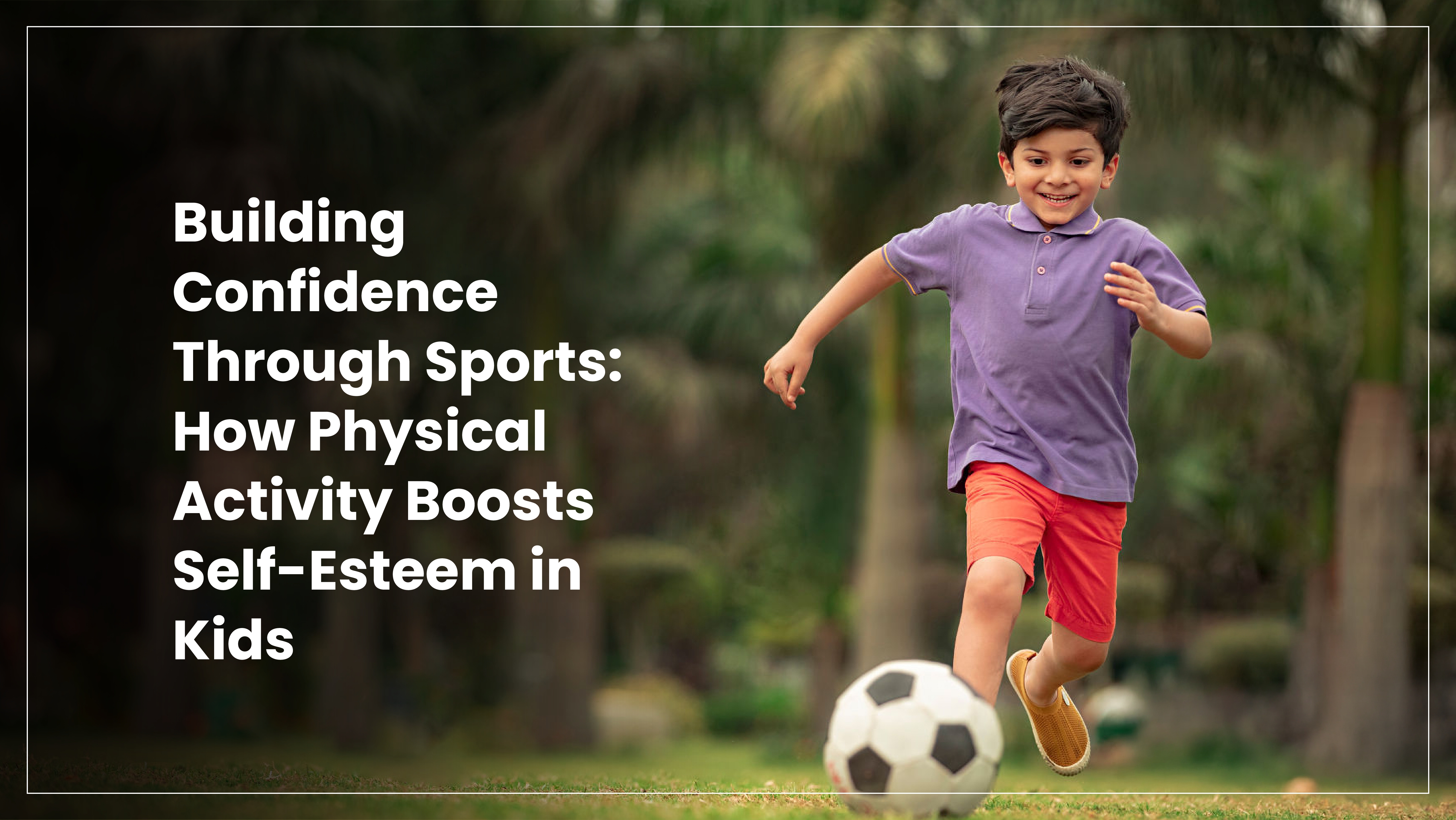Sports are more than just a form of physical activity—they play a pivotal role in shaping a child’s confidence, resilience, and overall personality. By engaging in sports, children develop essential life skills that help them face challenges with determination and positivity. Whether it’s scoring a goal, learning teamwork, or improving physical fitness, the benefits of sports extend far beyond the field. Moreover, with the growing recognition of sports as a viable and rewarding career, children passionate about athletics can now aspire to turn their talent into a profession, making it an even more valuable pursuit.
The Connection Between Sports and Self-Esteem
Physical activity positively influences children’s mental well-being. Through sports, children gain a sense of achievement, learn to overcome obstacles and discover their potential. These experiences enhance self-esteem, allowing kids to approach other areas of life with renewed confidence and enthusiasm.
How Sports Build Confidence
- Mastering Skills and Achieving Goals
Every skill a child learns in sports, from dribbling a basketball to perfecting a swimming stroke, fosters a sense of accomplishment. As children see their progress through consistent practice and effort, they develop confidence in their abilities. Setting and achieving goals in sports also teaches them the value of perseverance and hard work. - Developing Teamwork and Leadership Skills
Team sports encourage collaboration and mutual respect. By working towards a common goal, children learn to communicate effectively and value the contributions of others. Taking on leadership roles within a team further enhances their decision-making and problem-solving skills, boosting their confidence. - Overcoming Challenges and Building Resilience
Sports often present challenges, such as losing a game or facing tough opponents. These experiences teach children to handle setbacks gracefully and keep striving for improvement. Learning to bounce back after failure strengthens their resilience and prepares them for challenges in other aspects of life. - Enhancing Physical Fitness and Self-Perception
Regular physical activity improves fitness and body image, which directly impacts a child’s confidence. When children feel strong and healthy, they carry themselves with greater assurance. This positive self-perception encourages them to explore new opportunities without fear. - Creating a Sense of Belonging
Participating in sports fosters friendships and a sense of belonging. Being part of a team or community provides emotional support and boosts self-esteem, making children feel valued and accepted.
Narayana’s nSports Initiative
At Narayana Schools, the nSports initiative introduces an age-specific sports curriculum that not only promotes physical fitness but also ensures overall development. This curriculum is tailored to suit the developmental needs of each age group, helping students build strength, coordination, and teamwork skills. By integrating structured sports activities into the daily schedule, Narayana Schools provides students with a much-needed break from academics, fostering mental & physical rejuvenation and focus. Through nSports, Narayana ensures a balanced approach to learning and growth.
Conclusion
Sports are a powerful tool for nurturing confidence and self-esteem in children. By mastering skills, overcoming challenges, and building connections, kids grow into resilient and self-assured individuals. At Narayana Schools, we help children achieve this through our nSports initiative, ensuring they experience overall development because, at Narayana, your dreams are our dreams.
